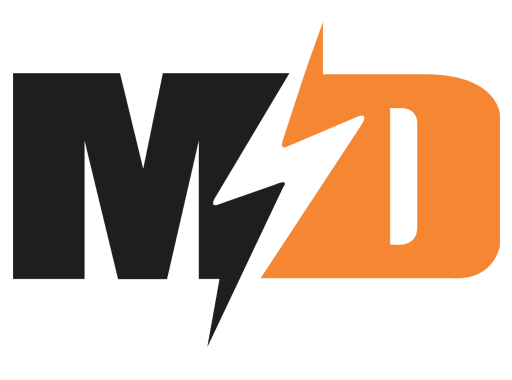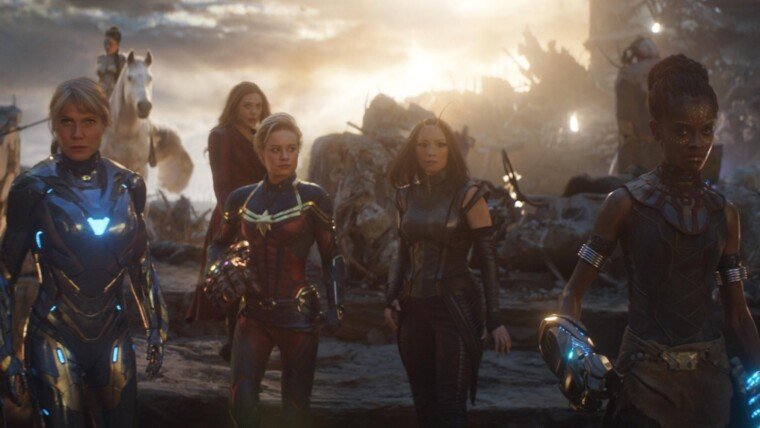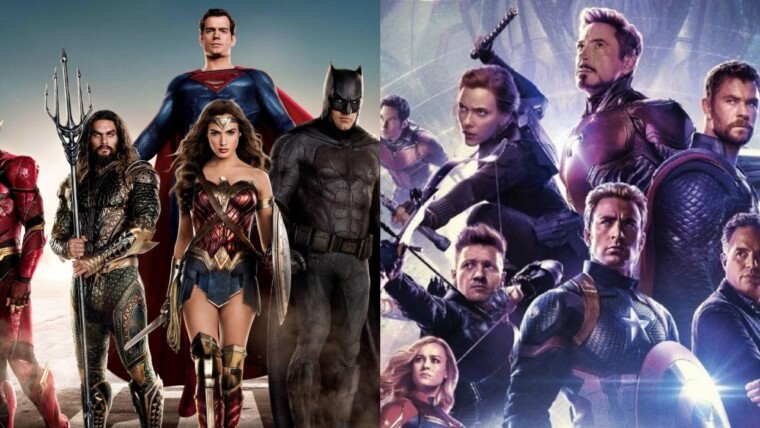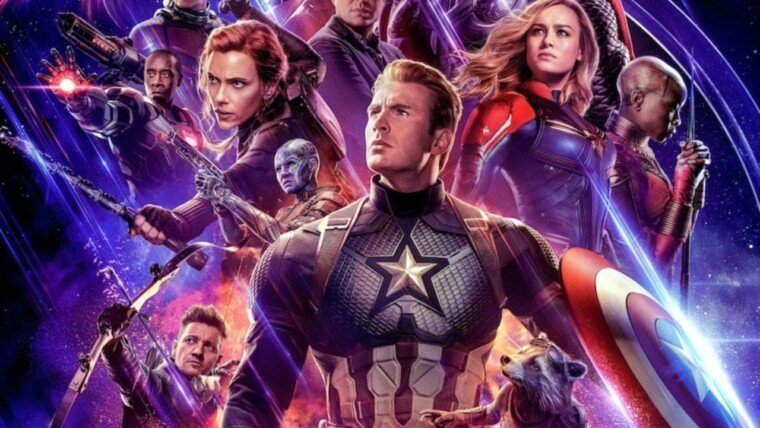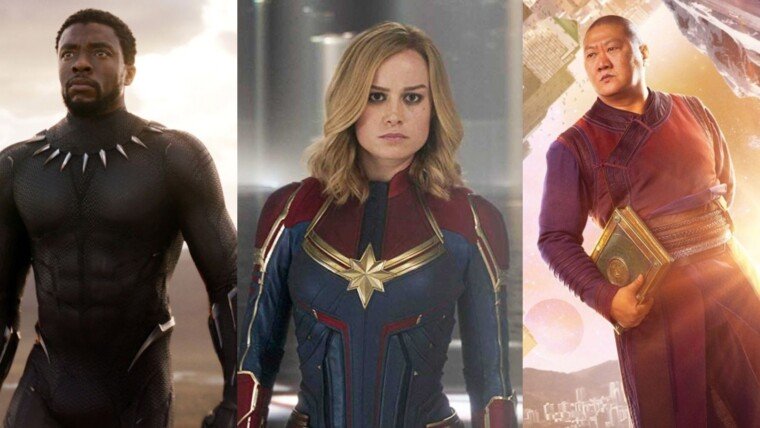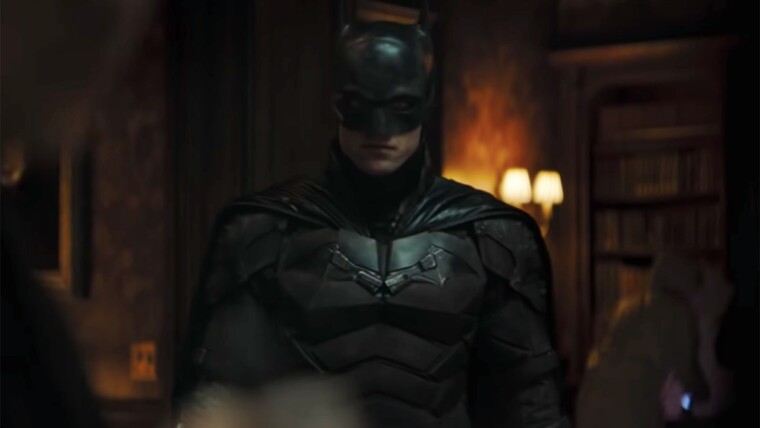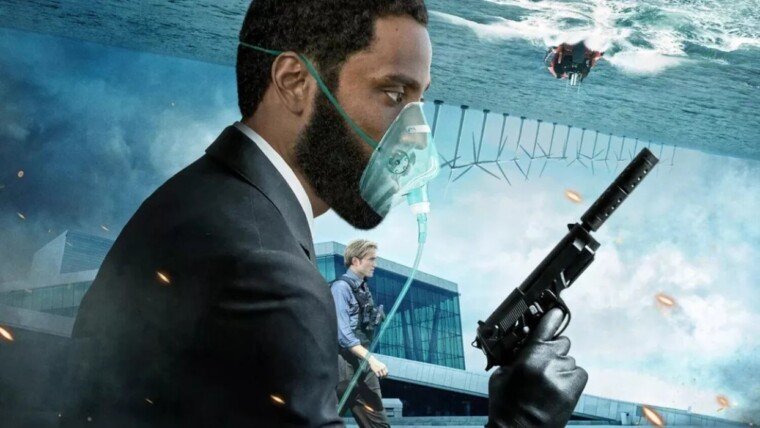This is a SPOILER-FILLED article. Also, this is NOT a review. If you’d like to read my spoiler-free review of Black Panther, you can click right here.
Black Panther is a monster hit at the box office. In its opening weekend, Black Panther didn’t just crush it, it actually hit Star Wars numbers, particularly in the US. In just 4 days, Black Panther grossed over 235 million dollars in the US, more than Justice League made in its entire run — bananas for a character that had ZERO mainstream popularity prior to his brief but badass appearance in Captain America: Civil War.
In its second weekend, Black Panther managed to outgross Justice League‘s global box office numbers, along with other comic book movies like Logan and Captain America: Winter Soldier, and the movie isn’t even released in China yet.
This is an epic war film; It is a heartbreaking family drama; At times it is a James Bond-esque espionage. This is a film that will empower women, just as much as Wonder Woman did; A film with heavy sociopolitical themes. This is a film that is unabashedly black. And I love it, very very much. And I thought everyone would.
But I recently came across a tweet by broadcast journalist Leslie Lee III, who claimed that Black Panther is an evil film that made him uncomfortable. In his tweet, he said the following:
Black Panther is a deeply evil film. It dangles the idea of global black liberation in front of you, paints that as villainous, then ends in an orgy of the freest black people to ever walk the earth slaughtering each other to protect whites. That shit turned my stomach.
That is perhaps the most left-field take on Black Panther I’ve come across over the past couple of weeks. It f**ked with my mind and inspired me to think about the movie on a deeper level. Do I agree with him? Does he bring up a valid point? It sure as hell is an interesting point. I thought about it more and more. And did what I usually do when faced with this type of problem: Drank 34 cups of coffee and filled my bathtub with Red Bull and ice.
After a couple of sleepless nights, I came to a conclusion. I completely disagree with Leslie. But before we get to that, let’s explore our heroes and villains.
Flawed Heroes.
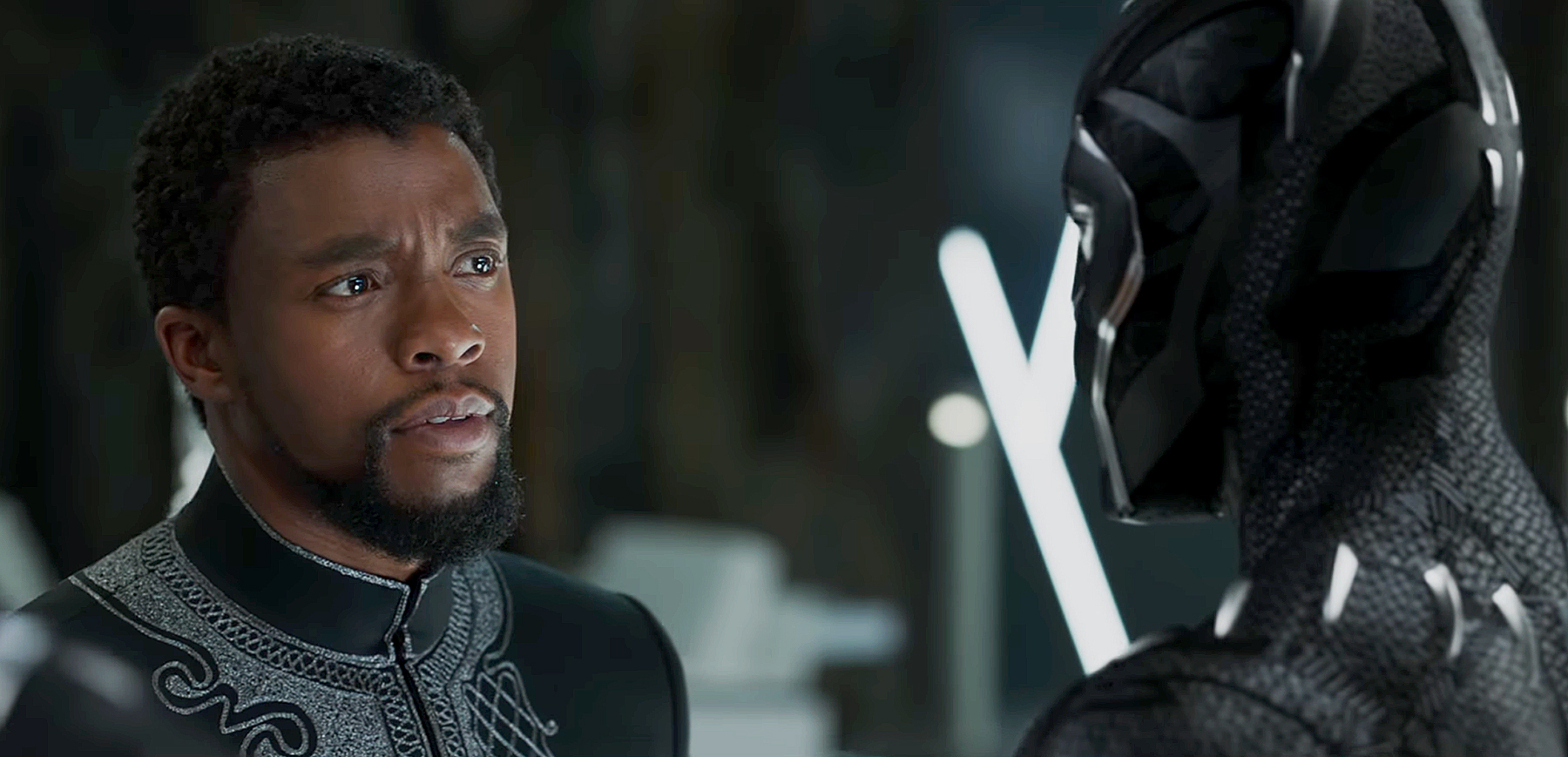
It is a movie about choices. At the start of the film, T’Challa feels the weight of the world on his shoulders because he’s worried he cannot live up to the great king that he thinks his dad was. He believes that his dad’s and ancestor’s methods are correct, because that has been the status quo for the longest of time. The status quo being, Wakanda will remain hidden and will not participate in the affairs of the rest of the world.
It can be argued, that had Wakanda gotten involved, maybe a lot of wars could have been prevented. Maybe the concept of African slavery would not have existed. Or maybe we would have had different wars. We don’t know because Wakanda chose to stay hidden. But not once throughout the movie does Ryan Coogler paint this choice as heroic. Right from the get-go, we have characters like Nakia, T’Challa’s love interest, who stands up against him and the Wakandian way. She tells him that their resources are meant to be shared with the world, to help other Africans and non-Africans alike.
When T’Challa comes to know about his father’s deeds and how it essentially created the villain, Erik Killmonger, T’Challa realizes that his dad and his ancestors have been wrong all along. Which brings us to my favourite scene in the movie; A scene that puts Chadwick Boseman’s acting chops on full display. “You’re wrong!” T’Challa painfully cries out to his dad in the Ancestral Plane. It is at this point where T’Challa feels the weight of the world on his shoulders once again, but this time its because he feels the need to do better than his father.
Black Panther is a movie where the good guys aren’t necessarily the best of people. They have to realise that and learn from their mistakes.
And the bad guys?
The bad guy isn’t evil.
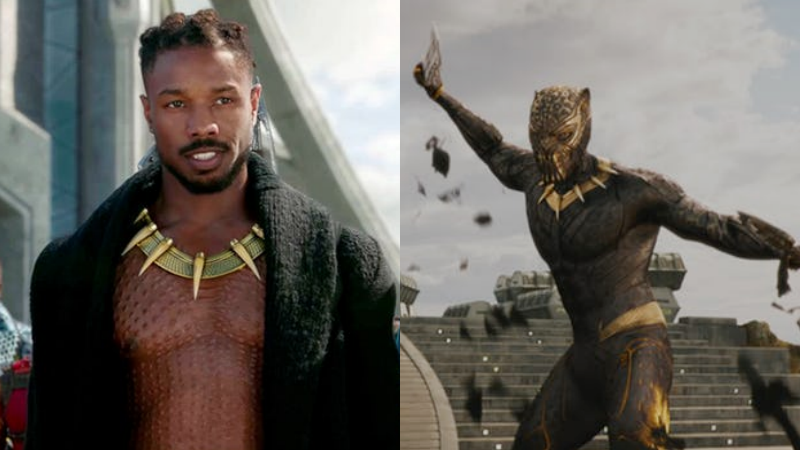
Erik Killmonger, played to perfection by Michael B. Jordan, isn’t your archetypal villain. He isn’t there to take over Wakanda and rule the world for the sake of it. He doesn’t hate humans nor does he want to destroy the planet using a giant beam in the sky. He is a villain we understand.
Killmonger reminds me of Kylo Ren, not in terms of what they’re fighting for, but in the sense that we understand them and CARE for them. We care for Kylo Ren because he was betrayed by his uncle and master. He feels lost, in search of his purpose. Killmonger is also a man betrayed by his uncle who killed his father. He was forced to grow up in a poor neighbourhood. He probably saw his friends die because of gang violence. He most likely endured racism on a daily, even by (especially by) the authorities.
While his so-called ‘family’ were living the life of luxury and peace, he and his friends lived N.W.A lyrics. And when you live that life, it’s easy to see why you’d want to supply weapons around the world and flip the narrative. Killmonger comes from a place of good. Both he and Nakia have similar objectives: To help Africans around the world to rise against their oppressors. Killmonger brings up valid points: “How can you sit here happily, when there are two billion people all over the world who look like us whose lives are much harder, and Wakanda has the tools to liberate them all.”
Which is why when he dies at the end, we don’t rejoice for it is not a victory. Killmonger’s line, “Bury me in the ocean with my ancestors who jumped from the ships, because they knew death was better than bondage,” is powerful, saddening and sums up the character perfectly.
It’s his cruel methods that make him the villain. Killmonger wants to wage war and conquer the conquerors. Nakia and later on T’Challa display shades of Martin Luther King Jr, wanting to work hand in hand with the rest of the world.
Which brings us back to Leslie’s tweet.
Black Panther DOES NOT paint liberation as villainous.
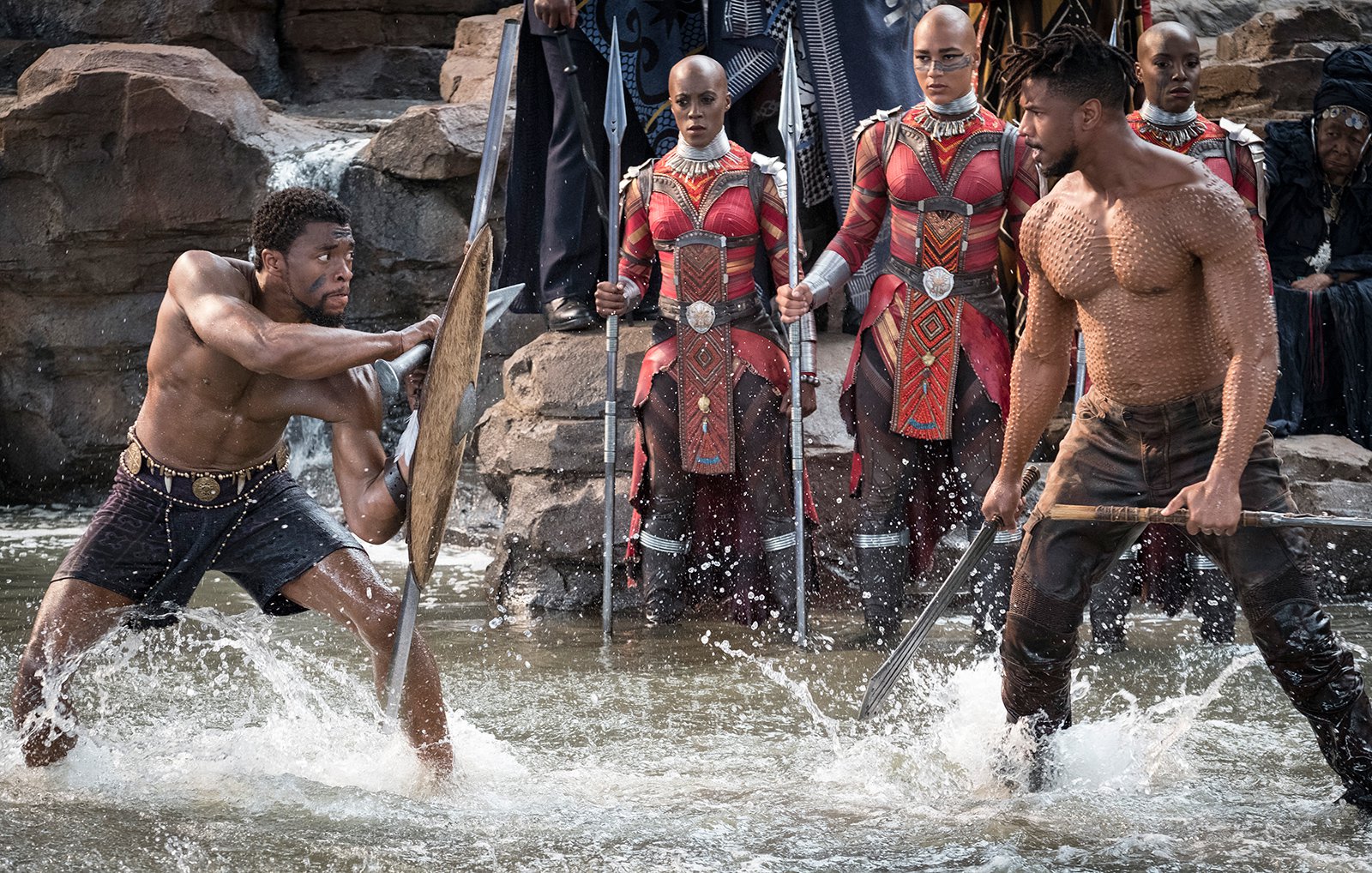
It paints violence as villainous. Black Panther is not a film that is set in the 18th and 19th century, during a time where slavery was legal. It wasn’t set in the 60s, when African Americans were brutally beat down and spat on when they tried to exercise their rights to vote. If it were set in the days of slavery, there is no doubt that Killmonger’s methods would be the best way to go about solving the problem.
Imagine if 18th Century Wakanda actually chose to supply weapons and resources to the rest of Africa. Our history books would be completely different. Perhaps Africans would not have been dragged from their countries to fight the wars for white people.
But Black Panther is set in the present day, and while oppression is still very much in existence, perhaps Killmonger’s violent methods aren’t the best way to go about things. Black Panther does not paint liberation as villainous. It strives for it. It is a movie that has our protagonist learn that he and his kingdom should be helping people around the world, starting with black people in America. Black Panther’s ultimate message is let’s achieve liberation in a non-violent way.
Black people do not fight each other TO save whites.
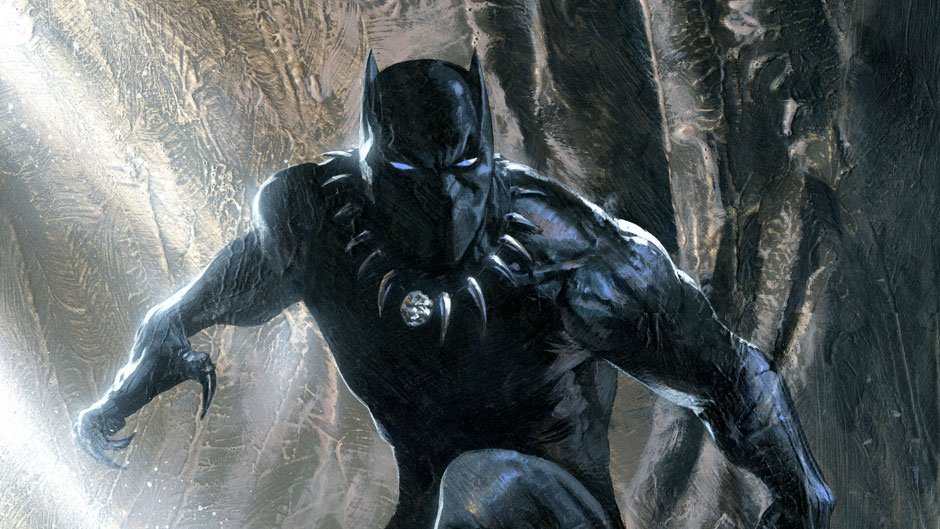
Black Panther isn’t about black people fighting each other for the sake of protecting white people. It’s about a clash of ideologies. This is a loose reflection of Martin Luther King Jr and Malcolm X’s ideologies. Malcolm X wasn’t a fan of Martin Luther King Jr’s nonviolent approach to liberation — “The only revolution based on loving your enemy is the Negro revolution…That’s no revolution.”
Martin Luther King Jr., on the other hand, wanted blacks and whites to live together in harmony — “one day right there in Alabama, little black boys and black girls will be able to join hands with little white boys and white girls as sisters and brothers.”
When T’Challa and his army took down Killmonger’s aircraft, it wasn’t to protect white people, but to prevent a war because violence is not key to solving the problem. On contrary, in the first post-credits sequence, we see T’Challa give a speech at a UN conference, letting the world know that Wakanda will be sharing their resources.
We have got to talk about Martin Freeman’s character, Everett Ross.
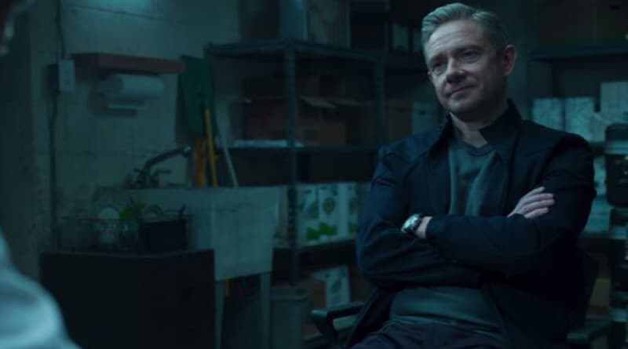
You may look at the character as a white guy who’s hailed as a hero for killing other black guys. If so, you’re missing the point.
We have seen countless movies with white saviours. Movies like Blood Diamond, The Soloist, Rambo and even James Cameron’s Avatar. But not in Black Panther. Sure, Everett Ross takes a bullet for Nakia and by doing so injures his spine. But it is because of Shuri and Wakandan technology that Everett Ross lives. T’Challa and gang could have left him to die, but they CHOSE not to.
When Ross wakes up, he, the white guy is at a loss for words, amazed by how technologically advanced Wakanda is. How often do we see a WHITE guy dazed and astonished by a civilization and society that is unabashedly BLACK?
Even during the climactic battle sequence, Everett Ross uses Wakandan technology, following the instructions of a young BLACK GIRL to take down the fighter jets dispatched by Killmonger.
It’s not about good vs evil.
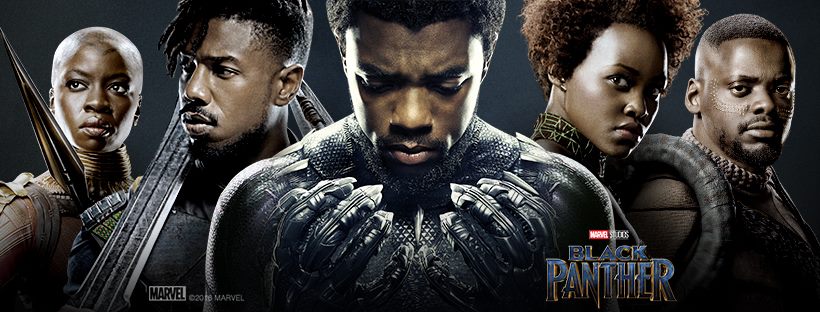
It doesn’t antagonize the villain, not in the conventional sense. In fact, the villain, regardless of his cruel ways brings up valid points which serve as a wake-up call for the hero. It is because of Killmonger does T’Challa realise the error of his ways and decides to share Wakanda’s resources with the rest of the world, particularly black America.
It is a film where a young black girl nonchalantly calls an older white man “colonizer,” and guess what? There is no silly arc that has the young black girl apologise to the man for calling him that.
Black Panther is a dense and thematic film. The term “transcend” may be used often in recent, but it isn’t cliche. Black Panther is exactly that: a comic book movie that transcends its genre and form. This is one of the most riveting comic book adaptations ever put to screen; Definitely one of the most important.
Just like Patty Jenkins did with Wonder Woman, Ryan Coogler accomplished the impossible: A black-led, black-centric superhero movie, directed by a black, grossing over US$ 235 million in the US box office on its opening weekend, and universally hailed by critics and fans alike. Black Panther is an inspiring film, not just to African Americans, but to all dark-skinned people around the world.
Hey you! Yes you, hot stuff. Like my article? Leave a comment below and let me know what you think. Also, don’t forget to share it with your buds.
